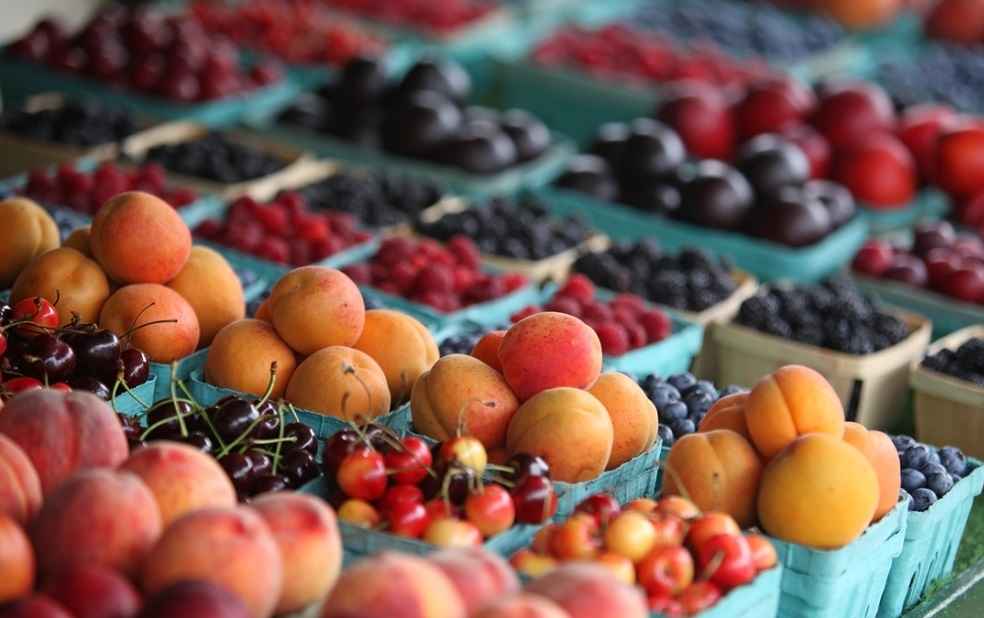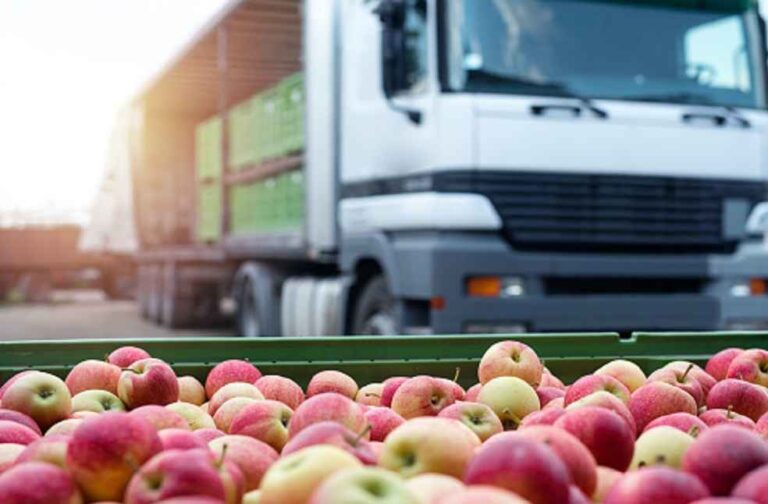The fresh produce sector faces a complex landscape defined by economic pressures, environmental demands, and shifting consumer behaviors. Industry expert Wolk, speaking at the International Fresh Produce Association (IFPA) gathering, underscored these challenges as reflective of broader global dynamics reshaping the food industry.
Farmers worldwide experience a cost-price squeeze while consumer spending tightens. South Africa’s inflation rate eased to 6% in 2023 from 6.9% in 2022, yet a Euromonitor International survey indicated that 86% of participants perceive rising produce prices, independent of actual trends. This perception drives consumers to prioritize value, with many gravitating towards loyalty programs, private labels, and discount stores.
The home cooking trend, sustained post-COVID-19, continues to drive vegetable sales at retailers, particularly in South Africa. Meanwhile, lower-income consumers increasingly turn to informal markets, attracted by local, seasonal produce. This trend reflects a global movement towards local and sustainable purchasing, driven by both economic factors and environmental awareness.

The fresh produce industry contends with mounting environmental challenges. Climate variability, extreme weather, and the need for sustainable water management top the list of concerns. Wolk highlighted the urgency: Water conservation and the implementation of sustainable water supply systems will become important to counter erratic rainfall moving forward.”
Global demand for sustainable production practices and eco-friendly packaging intensifies, influencing purchasing decisions. Consumers show a preference for locally sourced produce and businesses committed to environmental stewardship. Sustainability has emerged as a non-negotiable factor as the world confronts the realities of climate change.
Emotional factors play a crucial role in shaping consumer behavior. Wolk pointed out an increasing level of stress among consumers, driven by political instability, global conflicts, and concerns over artificial intelligence. This stress informs purchasing decisions, prompting a desire for products that offer value, belonging, and comfort.

South Africa, known for its cultural diversity, presents unique opportunities for brands to connect with consumers. A Euromonitor survey revealed that 62% of South Africans support small brands, with 55% preferring locally made produce. This aligns with a global trend favoring local businesses.
Nostalgia and cultural identity deeply influence purchasing behavior. Consumers seek comfort in familiar products that tell a story and celebrate cultural heritage. The fresh produce industry stands poised to leverage these emotional connections by emphasizing the origins and cultural significance of their products.
Health and wellness trends open significant opportunities for the fresh produce industry. With 1.9 billion people globally classified as overweight or obese, the demand for healthy, nutritious food options surges. In South Africa, 54% of consumers monitor their diet for weight management, 58% seek foods with added health benefits, and 51% closely scrutinize nutrition labels.
Health consciousness drives growth in the snack market as consumers increasingly opt for healthier snack alternatives. The fresh produce industry, with its inherent health benefits, is well-positioned to capture this expanding market by offering products that align with the wellness aspirations of today’s consumers.
METAL WORLD | Germany’s Low-Carbon Steel Standard Pressures India’s Struggling Steel Industry



